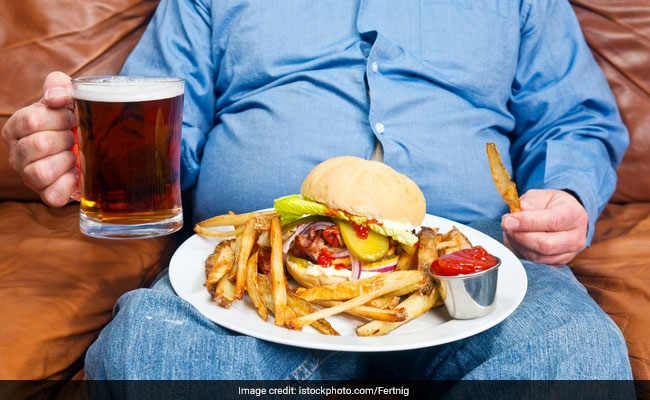
In the study conducted on more than 4000 people evaluated the relationship of salt intake and the development of heart failure. For the study, the scientists used 24 hour sodium extraction, which is considered the gold standard for salt intake estimation at individual level. The groups in the study were followed up for 12 years through computerised register linkage to National Health Records.
According to World health Organisation(WHO), as many as 2.5 million deaths could be prevented in a year if people reduced their consumption of salt to its recommended level of 5 grams. However, most people don't abide by the standard level, and eat about 80 to 140 per cent more than they should in excess. Professor Jousilahti revealed that their study found that eating more than 13.7g a day of sodium chloride doubled the rate of heart failure in the sample participants. He also added that the increase in heart failure risk caused by high salt intake was independent of blood pressure. The study further found, that those who consumed more than 13.7g of salt daily had a two times higher risk of heart failure compared to those consuming less than 6.8g.
Here's how you can control your sodium intake, according to consultant nutritionist Dr. Rupali Dutta.
1. Lentils and pulses are naturally low in sodium and provide healthy proteins, folate, potassium, phosphorus and fibre. You can choose to go high on lentils to keep your high salt need at bay.
2. Go for fresh meats rather than processed meats such as bacon, sausages, luncheon meats and hot dogs as they are high on salt.
3. Fresh milk, paneer, dahi, ricotta, mozzarella cheese are all low in sodium as opposed to hard cheeses like cheddar, and cheese spread have a high sodium content.
4. Seasonal and fresh fruits and vegetables in addition to being low in sodium, are rich in Potassium, which also helps control your BP and is complimentary to sodium.
5. Cook with just enough salt to add flavour and not more.
Track Latest News Live on NDTV.com and get news updates from India and around the world

